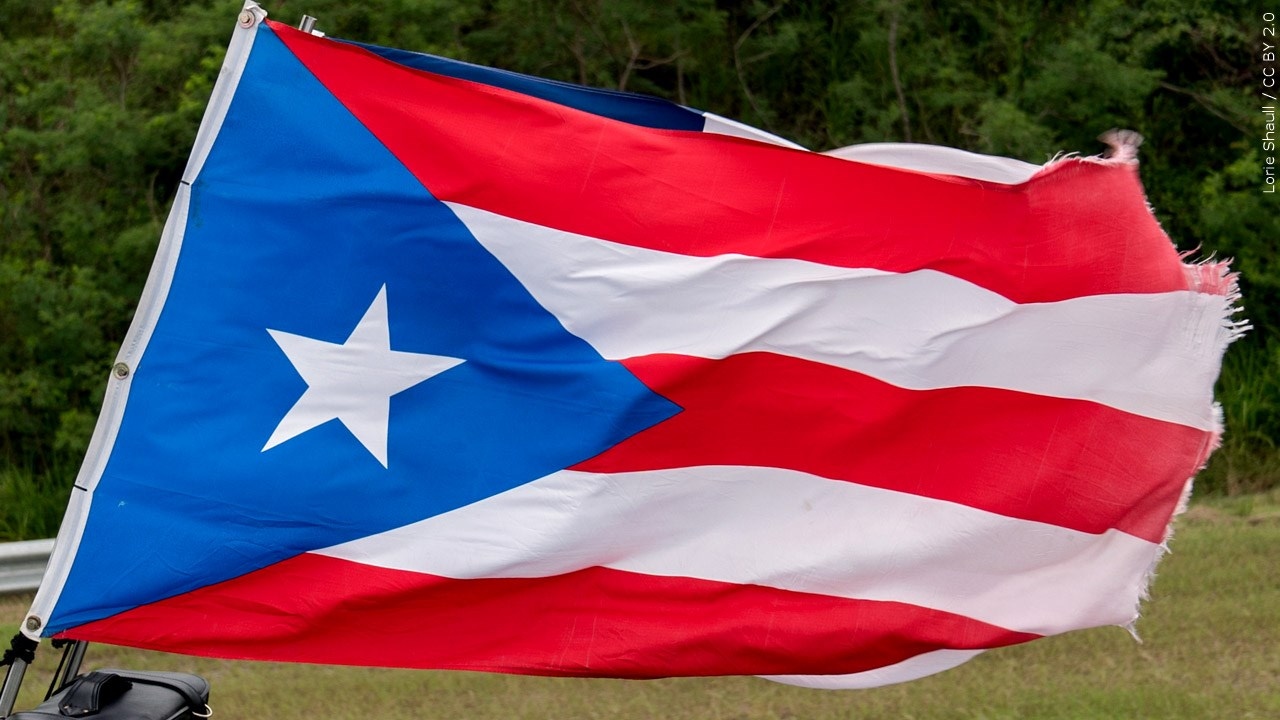Puerto Ricans in Minnesota discuss new territorial status bill proposed in Congress
[anvplayer video=”5110293″ station=”998122″]
Lawmakers in Washington introduced a bill that would determine Puerto Rico’s territorial status.
The territory has been a part of the United States since 1888, but that could change.
There are nearly 17,000 people in Minnesota with ties to Puerto Rico.
“I live my culture every day. I’m wearing my flag because it’s our love and our ‘orgullo’, our pride,” María Isa Pérez-Hedges, a Puerto Rican community organizer, said.
Pérez-Hedges said Puerto Rican pride stretches from the island and beyond, but sometimes the community feels like outsiders in their own country.
“Have I felt like a second-class citizen, even as being a citizen that’s born with Puerto Rican heritage in this country? Yes. So imagine how it feels for being a Boricua who was born on the island, who lives on the island,” she said.
This week, lawmakers in Washington introduced a bill regarding the future of Puerto Rico’s territorial status.
If the bill is passed, Puerto Rican voters would go to the polls to choose from three options: statehood, independence or independence with some assistance from the United States.
“Puerto Rico has been part of the United States since 1888 against their will,” said Gustavus Adolphus College Department of Geography Chair Joaquin Villanueva. “For many years Puerto Ricans have tried to define the relationship they want with the United States.”
Villanueva said this is the first draft that puts the power in the hands of Puerto Ricans, but the proposal does not right wrongs of the past.
Reparations are not listed in the proposed bill.
“When we’ve been a colony of the United States for 100-plus years, there has been a lot of harm done to Puerto Rican people and Puerto Rico in general,” Villanueva said. “It’s an economy that hasn’t evolved in a long time. Particularly after Hurricanes Irma and Maria in 2017. Many Puerto Ricans were forced to move out to seek shelter elsewhere here in the United States.”
But he explained the proposed law is step in the right direction.
“I feel like it’s a step closer, but we need to make sure that we are amplifying the Puerto Rican voice of the Puerto Ricans on the island,” Pérez-Hedges said.

Puerto Rico Flad (Credit: MGN)
If the bill is passed, Puerto Ricans on the island would vote to decide the future of the territory, but there are concerns about this process.
Advocates want to make sure if this happens everyone, including marginalized communities, have access to the voting booth.